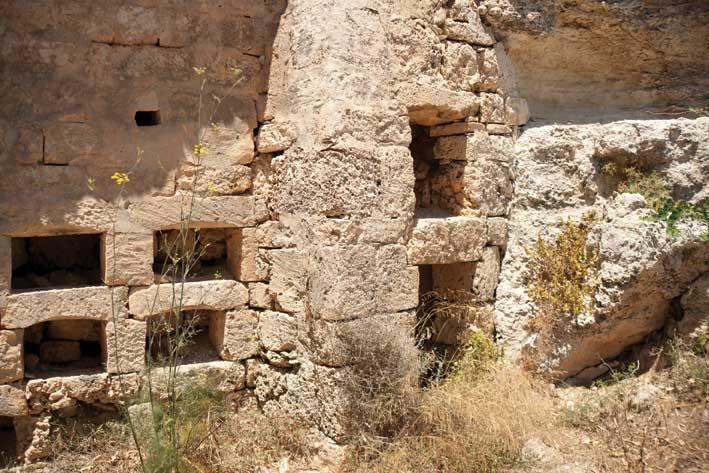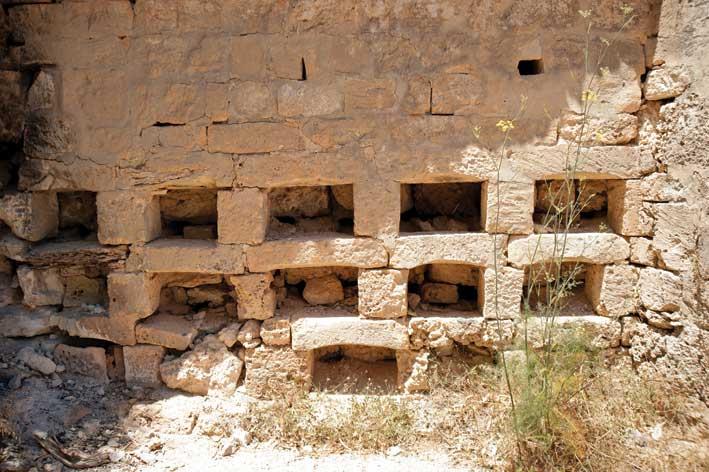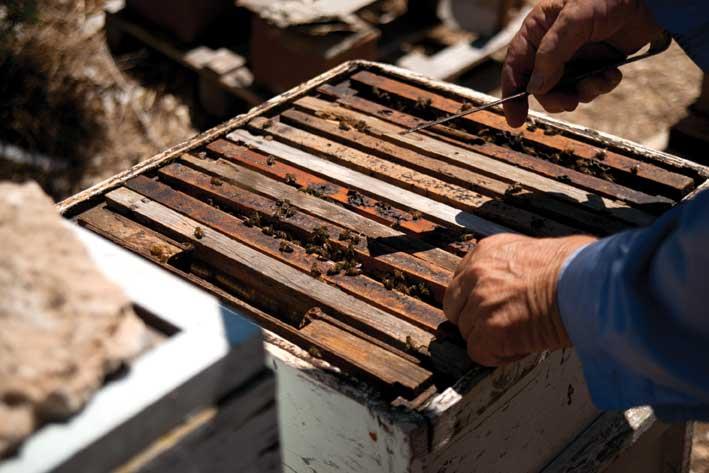Albert Delia
The importance of bees for the well-being and survival of ecosystems has recently been gathering the recognition it rightly deserves. Both the United States of America as well as the European Union have recently launched policies and remedial action targeted specifically at increasing the population of honey bees. Apiculture programmes have been launched dedicated to conducting research to identify alternatives to existing pesticides that are friendly to bees. Incentives to increase the number of hives and bee colonies have also been established in an attempt to remedy declining bee populations. Such international initiatives are still in their infancy and - laudable as their intent may be - they have yet to yield the desired results.

Why are bees and honey so important that they have managed to get the governments of entire continents so concerned? In numeric terms, according to The Guardian, some 84 per cent of the crops grown for human consumption - around 400 different types of plants - need bees and other insects to pollinate them in order to increase their yields and quality and it is estimated that annual global crop pollination by bees is worth over €150 billion.

It has been reported that even Albert Einstein, more than half-a-century ago, noted the crucial role these creatures play in the continued propagation of life, saying: "If the bee disappeared off the surface of the globe then man would only have four years left to live." It is safe to say that if the decline in the number of bees continues at the current rate, it will have a 'butterfly effect', ultimately causing a significant change to human life as we know it.
To find out more about the world of bees, I met up with an intrepid group of young people and the knowledgeable master apiarist who has taken them under his wing who have jointly decided to do something themselves about the situation.

«Under the shade of the Red Tower in Mellieha, on a Saturday afternoon with only a slight breeze to provide relief from the heat, I met Anthony, Benji, Ritianne, Antoine and Francesca: the members of Bee Savers Malta. They have taken on the task of 'capturing urban swarms for redirection into the wild' - in other words, if someone discovers a swarm of bees in their property, they can call on this dedicated team of conservationists to safely remove the bees in a responsible and environmentally-friendly way.
In the few months since the group was established, its members have already managed to save over 60,000 bees in total. After capture, these bees are quarantined until they are deemed fit for re-introduction into the wild. At this point, I have been asked to thank the police and the civil protection department on behalf of the group for their cooperation.
In order to better understand what this task entails, I am given a crash course on the complexities of bees. One could say that bees and Malta have a symbiotic relationship that goes as far back as the country itself. The origin of the name 'Malta' is commonly believed to be derived from the Greek word 'melit' meaning honey - sweet. The oldest written reference linking apiculture and the island can be found in Cicero's Verrines dated to around the year 70BC regarding the trial of a honey thief. The absence or unavailability of sugar at the time made this natural sweetener a treasured commodity indeed. This liquid gold was one of the items most looted during pirate raids. The vast array of aromatic herbs and an extremely favourable climate results in Malta not only being a prolific producer of honey, having eight seasons annually, but also being in a position to provide honey of amazing quality.

The first thing I am shown is an ancient bee-keeping complex that dates back over a millennium. It is interesting to note that, regardless of its age, the site could still be used for its intended function, but the methods used back then are today considered unsustainable. I am given an extremely condensed biology lesson on the life of bees and it is soon clear that we are dealing here with a remarkably complex creature. It is also worthy of note just how delicate an operation bee-keeping is.
I am taken to the hives and, wearing the appropriate protective gear, I am given an opportunity to see this process at first hand. As interesting as it is, I find it hard to block out the sound of thousands of buzzing bees, but it does not take long for the noise to fade into the background. I am asked to assist in feeding some recently-hatched queen bees.
From my afternoon spent learning about this colourful and often underrated creature there are some useful titbits of information that I will certainly be taking with me. Since honey can be collected in Malta several times a year, the taste varies according to the plants being pollinated at the time. These differences are certainly something I'll be looking out for, the next time I try some honey.
When buying honey, it is important that some discernment is used to ensure that it is authentic Maltese honey that is being purchased. It might cost a bit more, but you'll certainly benefit from its medicinal properties - not to mention the fact that you will be helping an age-old local industry. Coupled with the previous point is the fact that, despite Malta's small size, we have our own native bee variety: apis mellifera ruttneri, which perhaps makes Maltese honey that little bit extra special. I have also learnt that fig sap is amazingly good for bee stings. So if you ever get stung by a bee, just tear off a leaf and squeeze the milky white sap onto the area - after having removed the sting, of course.
On a final note, if you do discover a swarm on your premises, or in any urban, densely-populated area, you can do your bit to help by immediately contacting Bee Savers Malta on [email protected]. If you want to avoid the formation of hives, make sure you cover any open south-facing ventilators or holes with a fine mesh net.
www.beesaversmalta.com
www.facebook.com/beesaversmalta